In this introductory reader, Matthew Barton collects excerpts from Steiner’s talks and writings on the festival of St. John’s Day, celebrating the nativity of St. John the Baptist. It is one of the oldest festivals of the Christian church. The birth of John the Baptist is a part of the Christmas cycle, since its date falls exactly six months before (or after) Christmas, thus being celebrated on June 24 as a fixed festival (unlike the movable festivals related to Easter).
St. John’s: An Introductory Reader also features Barton’s introduction, afterword, commentary, and notes.
Chapters
- Midsummer Dream, the Earth Breathes Out
- Finding the Greater Self
- “He Must Increase, I Must Decrease”
- Creating Vision
About the Author
Rudolf Steiner (b. Rudolf Joseph Lorenz Steiner, 1861–1925) was born in the small village of Kraljevec, Austro-Hungarian Empire (now in Croatia), where he grew up. As a young man, he lived in Weimar and Berlin, where he became a well-published scientific, literary, and philosophical scholar, known especially for his work with Goethe’s scientific writings. At the beginning of the twentieth century, he began to develop his early philosophical principles into an approach to systematic research into psychological and spiritual phenomena. Formally beginning his spiritual teaching career under the auspices of the Theosophical Society, Steiner came to use the term Anthroposophy (and spiritual science) for his philosophy, spiritual research, and findings. The influence of Steiner’s multifaceted genius has led to innovative and holistic approaches in medicine, various therapies, philosophy, religious renewal, Waldorf education, education for special needs, threefold economics, biodynamic agriculture, Goethean science, architecture, and the arts of drama, speech, and eurythmy. In 1924, Rudolf Steiner founded the General Anthroposophical Society, which today has branches throughout the world. He died in Dornach, Switzerland.




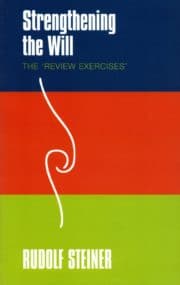



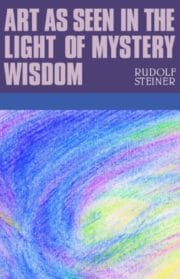
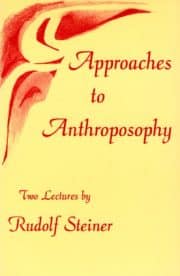
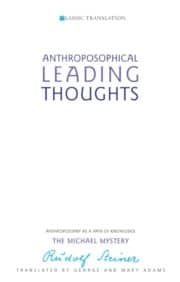
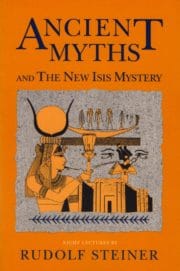


Reviews
There are no reviews yet